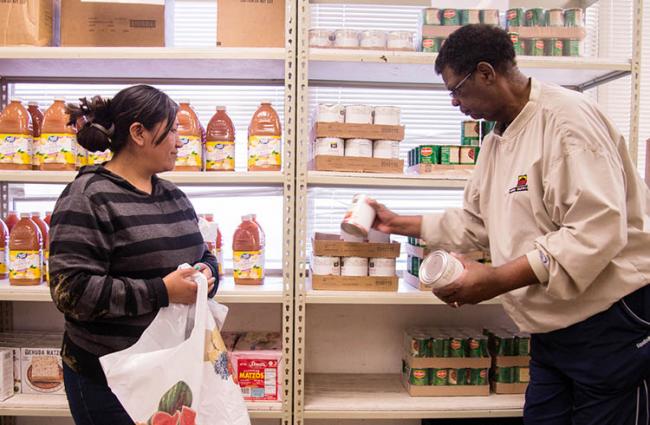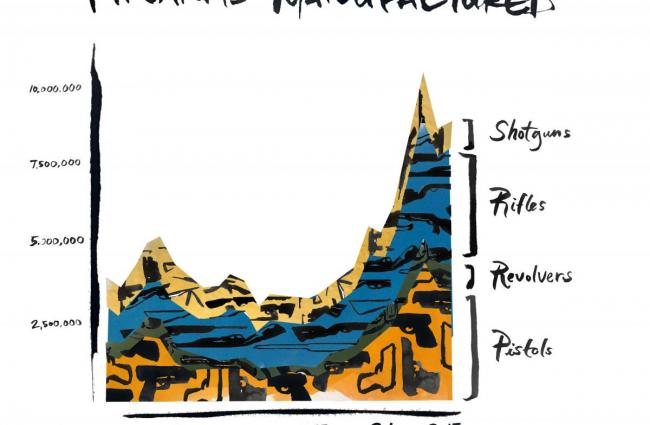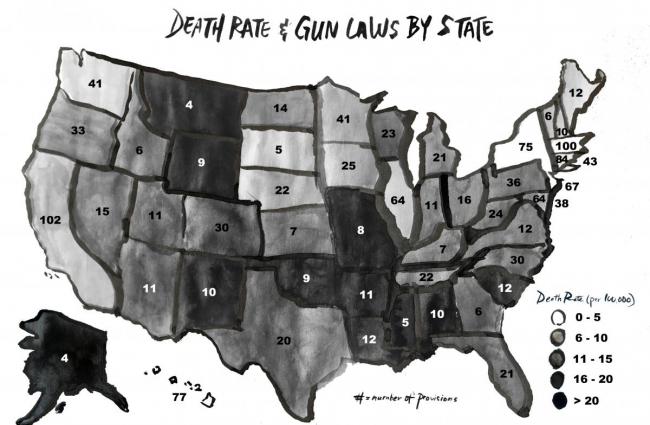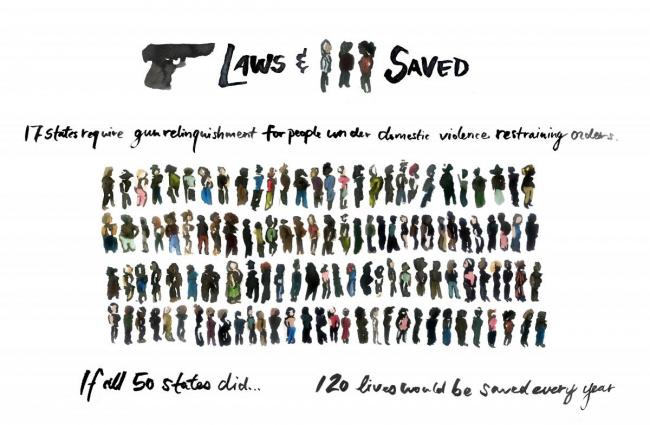Evidence for Action (E4A) funds research evaluating the population health, wellbeing, and racial equity impacts of programs, policies, and practices. What We're Learning is a repository of media pieces, research articles, presentations, reports, and other materials highlighting E4A supported research and findings. Sort by topic or resource type.

Individuals eligible for the Deferred Action for Childhood Arrivals (DACA) program were less likely than DACA-ineligible individuals to experience moderate or worse psychological stress, suggesting that DACA improves psychological health and wellbeing.
Published Research resource

Working with Community Servings, researchers at Massachusetts General Hospital, are attempting to determine if medically tailored meal programs impact health and wellbeing, as well as provide cost savings.
Popular Press resource

Health shocks negatively impact low socioeconomic status households, as they are least likely to have wealth to cover associated expenses or loss of income, are most likely to move and less likely to visit food distribution centers. Understanding the interplay of health and economic and food insecurity can inform the development of better social policies and interventions.
Published Research resource

Food insecurity is associated with poorer self-rated health, more frequent days of poor health, higher body mass index, more symptoms of depression, and a higher prevalence of diabetes, smoking, and functional limitations. However, receipt of food assistance is actually tied to poorer health. The relationship between the food assistance and health needs to be further explored.
Published Research resource

Interview with the E4A-supported research team evaluating the connection between draught and extreme weather events in California with health and birth outcomes, as well as the ways policies may ameliorate the impacts.
Commentaries resource

An E4A-supported research team is examining how draught, extreme heat, and other climate conditions can impact health and birth outcomes and how draught policies may ameliorate any negative impacts.
Popular Press resource

Briefs, Reports, and Infographics resource

Briefs, Reports, and Infographics resource

Briefs, Reports, and Infographics resource

Briefs, Reports, and Infographics resource

Background: Persons accessing food from nonprofit distribution sites face numerous challenges and typically have significant unmet health needs. However, given limited and intermittent healthcare system engagement, this vulnerable population is underrepresented in clinical research.
Published Research resource